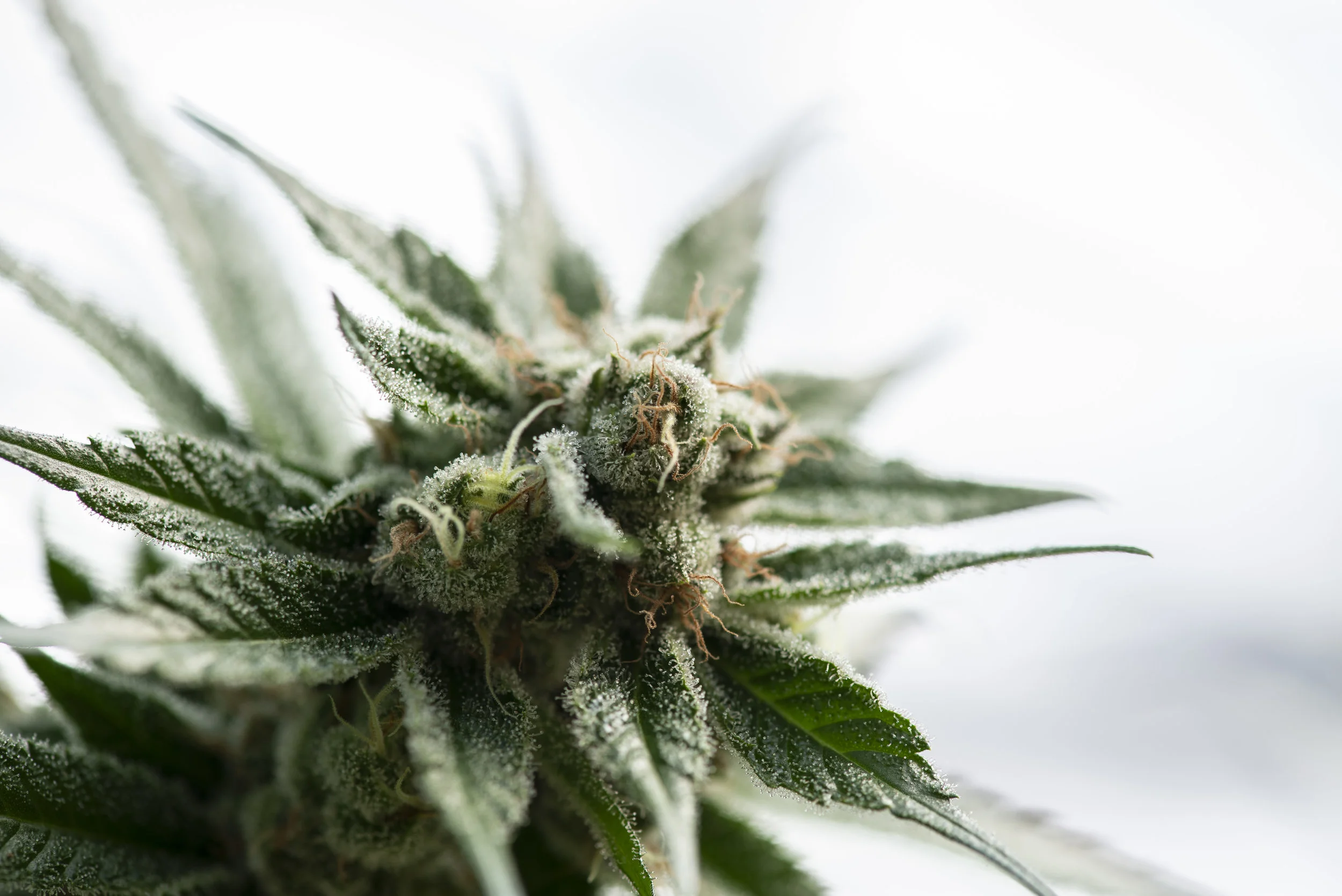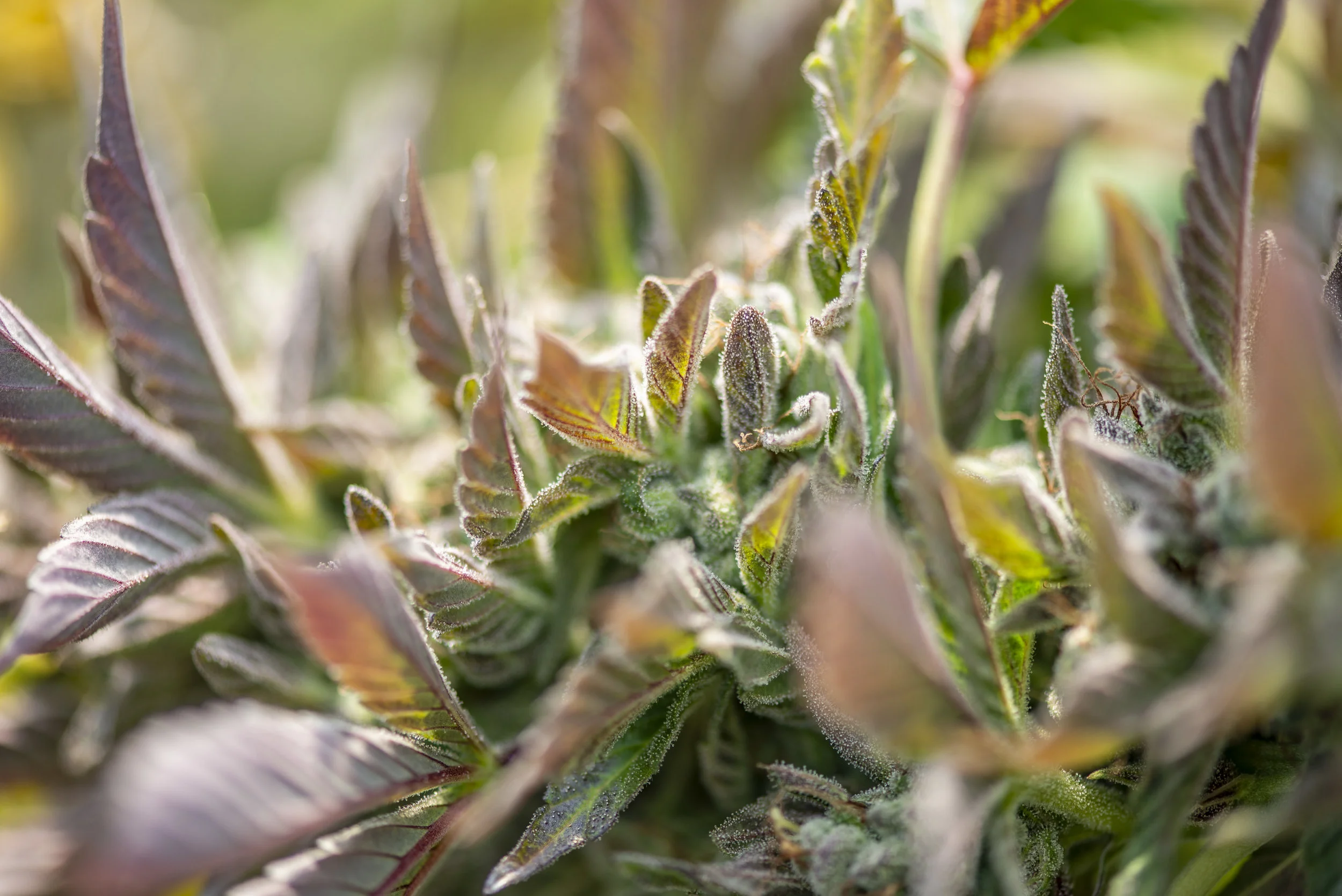With courage and persistence over many years, Vicki and Aubrie have figured out what works best for Aubrie’s epilepsy, and were eager to have me tell their tale.
Read MoreTo use the whole plant and all it has to offer, or to isolate the known active ingredients and package them as medicine? This is becoming a valid question as the medical cannabis industry grows.
Read MoreCachexia, or wasting syndrome, is defined by weight loss, muscle atrophy, fatigue, weakness, and loss of appetite in a person who is not actively trying to lose weight.
Read MoreHIV/AIDS patients use medical cannabis to treat pain, nausea, loss of appetite, anxiety, and depression.
Read MoreMultiple sclerosis (MS) is a chronic disease of the central nervous system (the brain and spinal cord). Cannabis has been identified as a promising treatment option for MS because it addresses symptoms as well as aspects of disease progression.
Read MoreIn the purest sense, harm reduction strategies are efforts to reduce the effects of any harm that comes our way, whether that harm comes from natural causes, such as the inevitable break-down and need for repair of organic matter, or from external causes. such as injury, disease, or well-intentioned medical treatments.
Read MoreCannabinoids and the endocannabinoid system (ECS) encompass both ancient and complex aspects of our biology. The endocannabinoid system exists in all vertebrate species, and may have begun evolving as early as 600 million years ago.
Read MoreMedicinal cannabis is unique because dosing is patient-centered, self-titrated, and takes time for patients to find the right dose where therapeutic effects are maximized while adverse effects minimized.
Read MoreThe three most studied conditions linked to Clinical Endocannabinoid Deficiency (CED) are migraines, fibromyalgia, and Irritable Bowel Syndrome.
Read MoreThe effects of cannabis can be as variable as the individual patients who use this medicine. Learn more about therapeutic, side, and adverse effects.
Read MoreThere is clear evidence that cannabinoids can be an effective palliative care option for cancer patients.
Read MoreCannabis is a valuable ally in preventing brain injury. CBD and THC both decrease the release of glutamate, thus sparing the neurons from excitotoxicity and cell death.
Read MorePhysicians may face unique situations and challenges in making the decision whether to recommend, certify, or even condone medical cannabis use for a patient.
Read MoreIt is known that cannabinoids reduce inflammation, and inflammation is often associated with seizures.
Read MoreThe endocannabinoid system is intimately involved with not only the ability to forget painful, damaging memories, but with fear conditioning as well.
Read MoreThe endocannabinoid system plays a significant role in the functioning and health of the gastrointestinal system. These findings support the historical use of cannabis to treat digestive disorders dating back centuries.
Read MoreTHC, CBD and beta caryophyllene (a terpene present in cannabis) have all been shown to reduce pain.
Read MoreThe Hawai'i Medical Marijuana Registry was established in 2000, making Hawai'i the sixth state to enact a medical cannabis program (after Alaska, California, Washington D.C., Oregon, and Washington State).
Read MoreCannabis is a complex plant medicine containing over 100 known compounds.
Read More


















